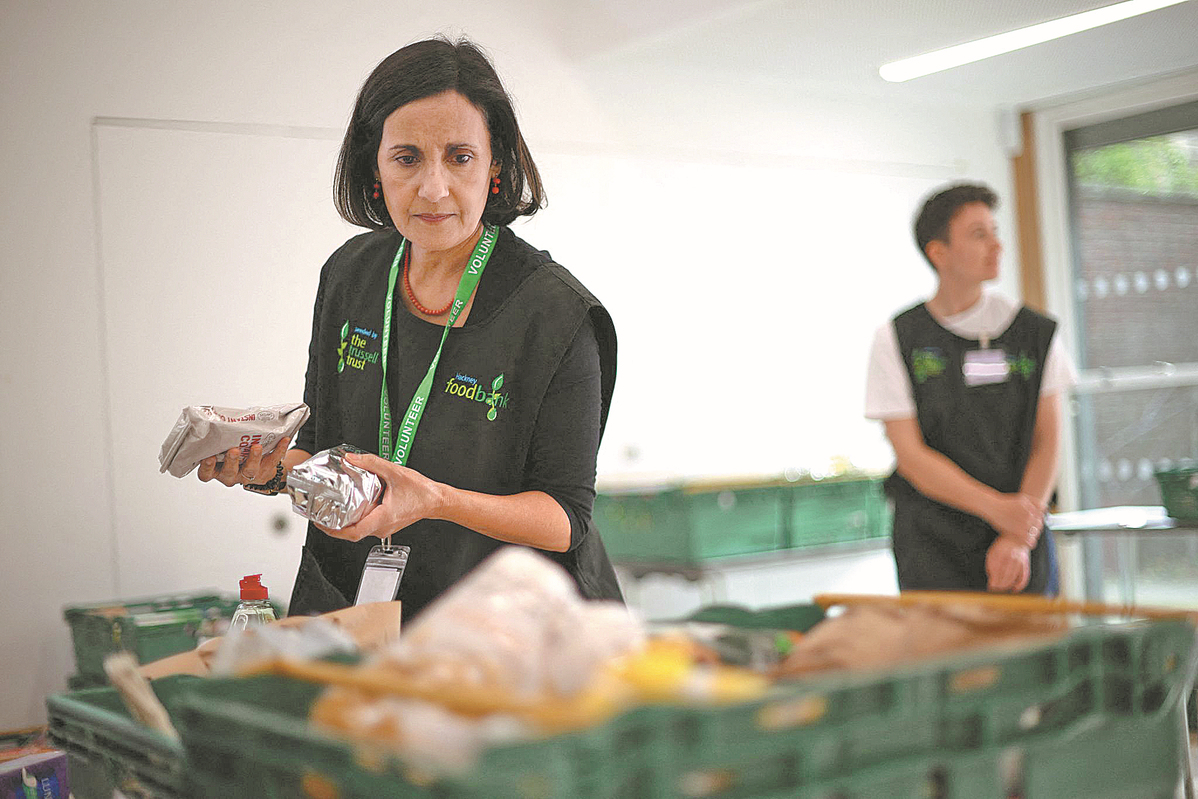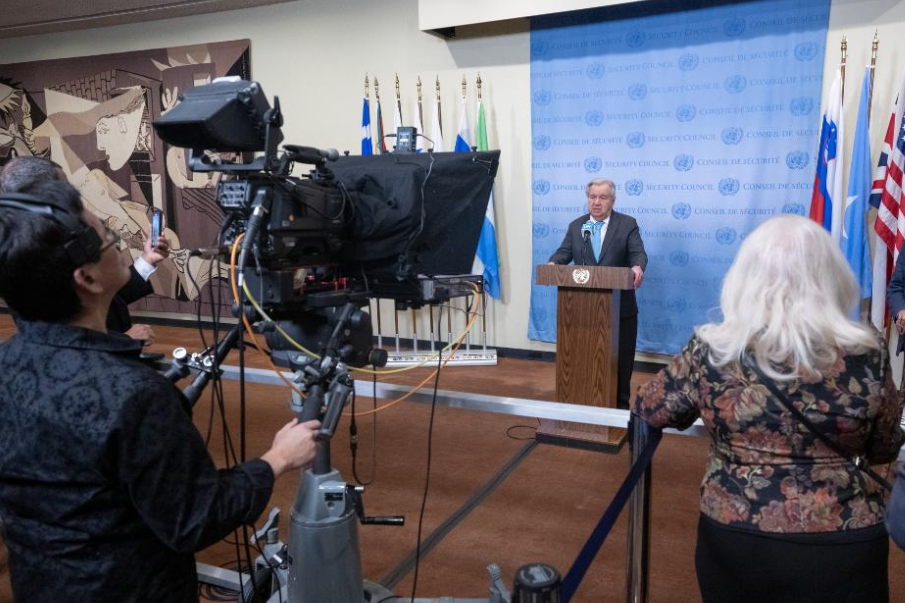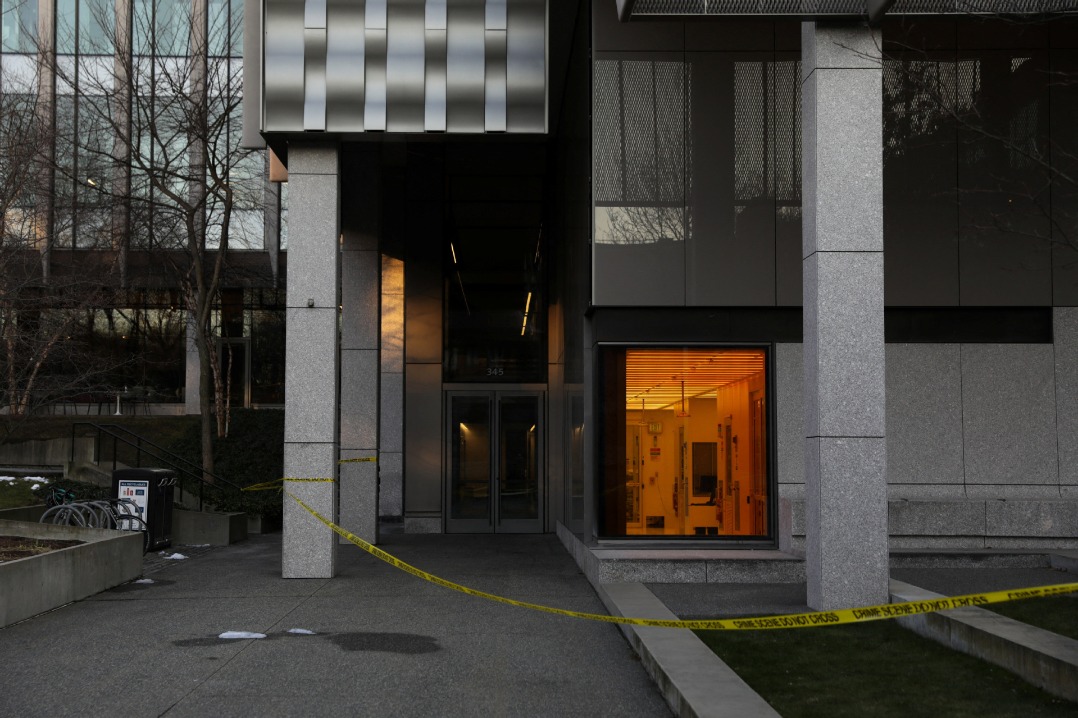Energy crunch delivers stiff chill as inflation bites into UK household spending


Surging energy bills and food prices that are rising at their fastest for 40 years in the United Kingdom have put heavy pressure on households across the country.
Emma Liu, a National Health Service nurse of Stockton-on-Tees, northern England, said the cost-of-living crisis and the wage of a registered nurse do not go hand in hand.
"Like every household, we are feeling the effects of this crisis," Liu, 35, a mother of two, said.
"As a family, my husband and I are more conscious of the things we are buying and definitely more mindful when it comes to food waste. The children are definitely more conscious of choosing things when shopping."
Liu said the family is using other ways to keep warm to save money on energy, such as wearing more layers of clothing indoors and using the heating only when it is absolutely necessary.
According to a study by the UK's Office of National Statistics, 23 percent of adults said they were occasionally, hardly ever, or never able to keep comfortably warm in their living room in the previous two weeks.
The survey of 4,962 households also found that 63 percent of adults reported using less gas and electricity because of increases in the cost of living, with more than 96 percent of these adults saying they were using the heating less.
When the agency asked what actions they were taking to keep warm over winter, 82 percent said they were putting on more clothing or blankets, 46 percent were heating only rooms that they use, 31 percent were using hot water bottles or microwave warmers and 27 percent said they go to bed earlier.
The report also said 16 percent of adults reported that they were somewhat, or very, worried their food would run out before they had money to buy more, and six percent said their household had run out of food and could not afford to buy more.
Lesley Cox, 39, of County Durham, also in northern England, said she is aware that her bills may be higher than usual.
"We haven't had our quarterly energy bill yet, so I'm not sure how much the rise will be, but I'm prepared that it will be a lot more. We have noticed travel costs and petrol, so we're using the car less and walking more."
Cox said that while she does not feel heavily impacted by the energy crisis, she has noticed that her customers are spending less per head at the bar and restaurant she owns.
"We also noticed that prices have gone up in supermarkets, but we always cook from scratch, so we can't do much about the price rises. We like good-quality products, so we won't compromise on food items. Eating out costs a lot more, so we have really cut down on going out for a meal."
As well as cutting back on eating out, Cox said, she is spending less on clothes and luxury items.
A recent study by PWC found more people are aware of their personal finances and cutting back on activities such as holidays, leisure and shopping.

































